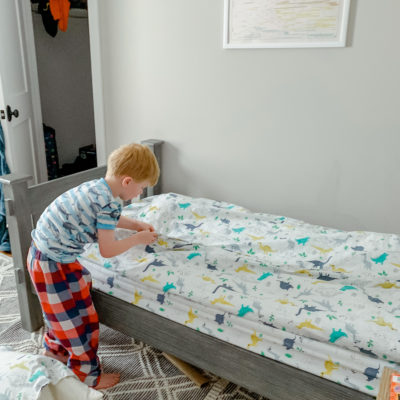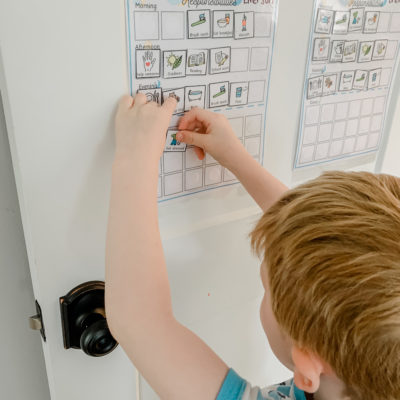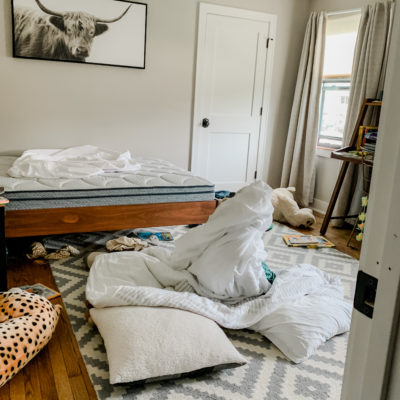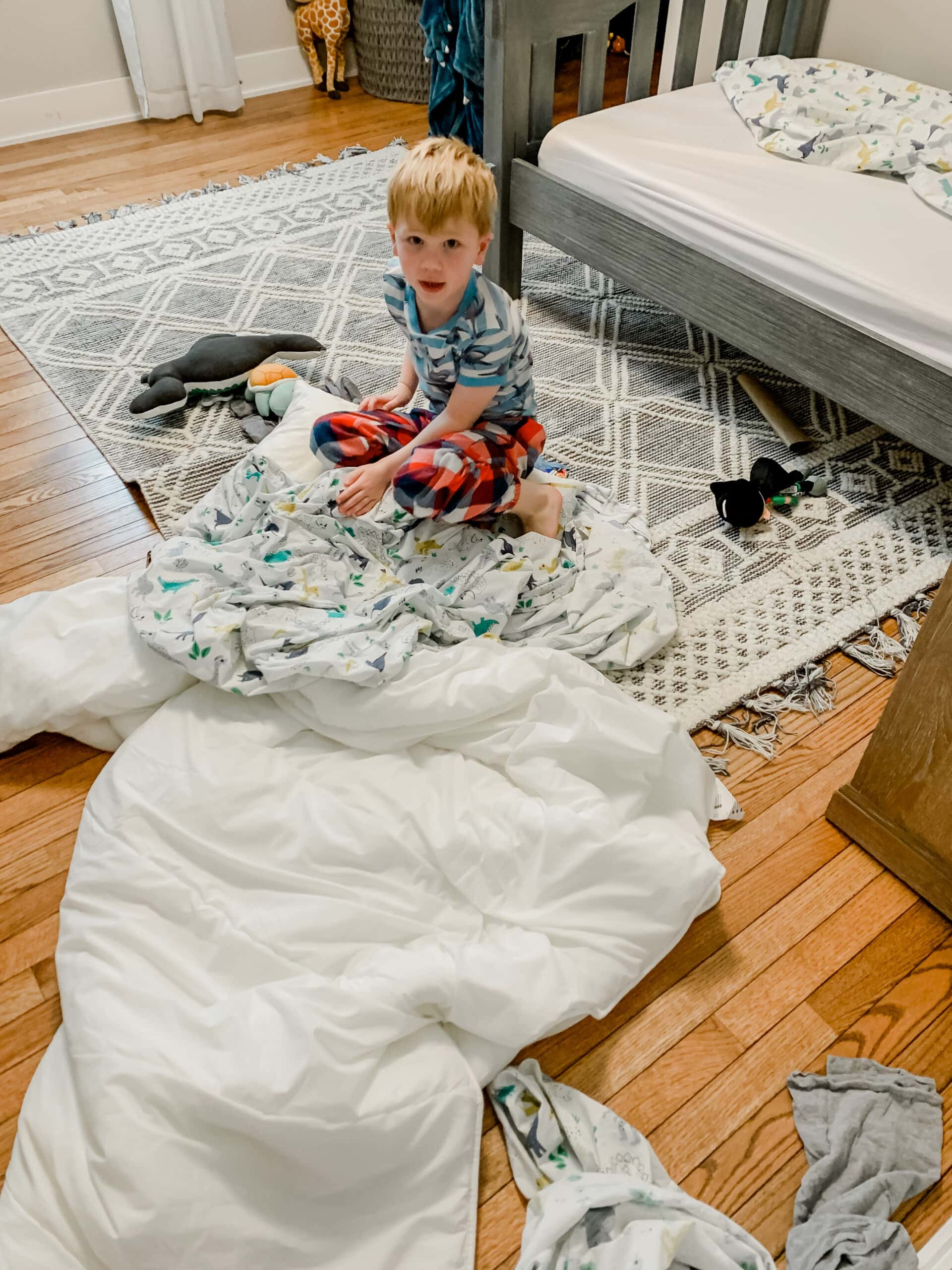Routine
I am by no means a parenting expert, but after working as a family therapist for many years, and having a few kids of my own, I can very much attest to the importance of routine. Children crave and thrive in routine. Routine is a large part why children often “perform” or follow directions better at school than at home. Expectations, schedule and routine create a sense of comfort, and fosters self confidence.
Routine benefits children in a variety of ways, and is a HUGE asset during stressful or challenging times. Routine helps their body clocks regulate- a consistent sleep, work and play schedule improves mood, energy, health, and ability to learn. It also fosters independence. Similar to adults, children want to feel a sense of control, and when they understand their day and what is expected, it gives them that control, which then carries into self confidence.

Routine creates a calmer home, and increases bonding. Much like a successful work environment, a successful home environment is when everyone knows their role, responsibility and value. Routine creates good habits, from hygiene, to taking care of their belongings, to knowing the value of their contribution.

I recently found this chore chart, and I cannot say enough good things about it! It is simple, straight forward, offers a variety of chores to personalize to your family or child, and even better, it is inexpensive. You simply download the template, and print off at home. I also laminated and added Velcro for easy use.

See below for the linked items:
processing what’s happening:
A good friend of mine, Amanda, from The Land of the Twigs and Berries (great name, right?), recently posted about creating a time capsule. She shared this FREE resource, and I just love it. My 2020 COVID-19 Time Capsule is a wonderful way to capture what the experience has been for your child, as well as have a natural opportunity to talk about it. It covers topics such as: the community, feelings about what is happening, writing a letter to themselves, how special occasions have been celebrated, and more. You may need to adjust to make age appropriate for your child.
fun, laughter & making memories
Having fun and laughing is one is life’s best things. Similar to routine, laughter has a multitude of benefits. It improves health, fosters bonding, reduces stress hormones, reduces pain, defuses conflict, builds teamwork, and the list goes on.

We have made sure that during this time, we try to have fun, and laugh with our kids. From watching silly movies, to telling cheesy jokes, to trying funny challenges, and creating a camp-out in our family room for movie night. Laughter, is just as important to having a healthy relationships as communication.

Here are a few of the ways have had some fun during this quarantine (please note a saved highlight in my Instagram stories):
- Whip Cream Challenge
- Fruit Roll-Up Challenge
- Oreo Challenge
- Staying up WAY past bedtime
- Yes Day
- Cooking/Baking
- Tent in the family room for movie night, special movie popcorn mix, and printed tickets for entry
- Nerf Battles and sports with daddy
- Mud puddle jumping

